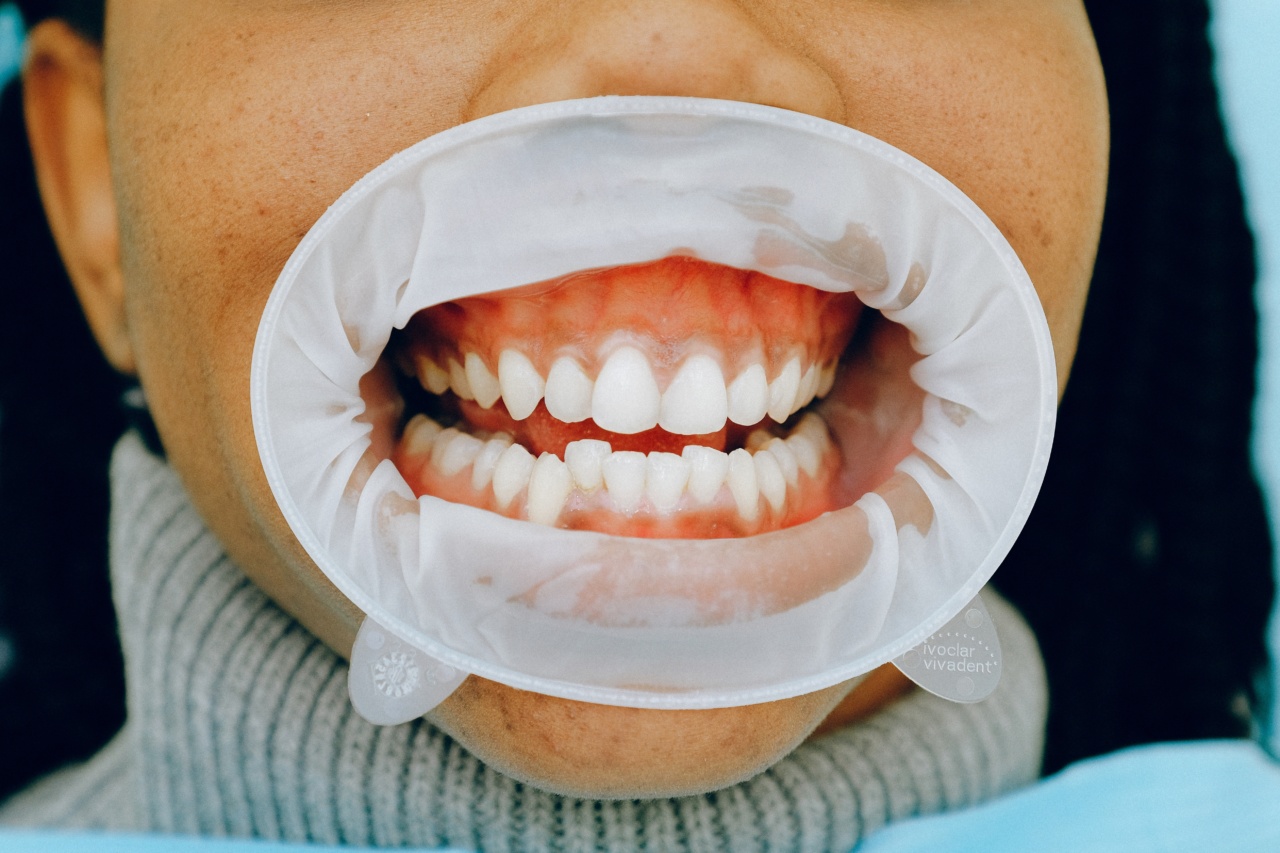Women’s oral health is a critical aspect of overall well-being, often influenced by various factors such as hormonal changes, pregnancy, menopause, and oral hygiene practices.
Understanding and addressing these unique needs and challenges can help women maintain optimal oral health throughout their lives. This article aims to decode women’s oral health, shedding light on common issues, preventive measures, and the importance of regular dental care.
Hormonal Changes and Oral Health
Hormonal fluctuations experienced during puberty, menstruation, pregnancy, and menopause can impact women’s oral health.
Increased levels of hormones, primarily estrogen and progesterone during puberty and pregnancy, can lead to various oral health issues such as gum inflammation, increased gum sensitivity, and dental plaque buildup. This may result in conditions like gingivitis and periodontitis if left untreated.
Menstruation can cause similar symptoms, with some women experiencing increased gum bleeding and swelling during their menstrual cycle.
However, maintaining good oral hygiene practices and regular dental check-ups can significantly mitigate these effects.
Pregnancy and Oral Health
Pregnancy is a special phase in a woman’s life that requires extra attention to oral health. Hormonal changes during pregnancy can lead to an increased risk of gingivitis, causing swollen and bleeding gums.
This condition, known as pregnancy gingivitis, affects a significant number of pregnant women.
Pregnancy also brings about other oral health concerns, such as gum tumors called pregnancy epulides, which are noncancerous but can be uncomfortable.
Additionally, acid erosion due to morning sickness and increased sugar cravings during pregnancy can heighten the risk of tooth decay.
It is crucial for pregnant women to maintain good oral hygiene by brushing and flossing regularly and visiting their dentist for routine check-ups.
Dentists can provide specialized guidance and necessary treatments to ensure the best possible oral health for both the mother and the developing baby.
Menopause and Oral Health
Menopause is a phase in a woman’s life when hormonal changes can once again impact oral health.
Decreased estrogen levels during menopause can lead to several oral issues, including dry mouth, burning sensations, altered taste perception, and an increased risk of gum disease and tooth loss.
Women experiencing menopause should continue practicing good oral hygiene, visiting their dentist regularly, and informing them about any symptoms they may be experiencing.
Dentists can offer strategies and treatments to address these oral health challenges and help women maintain healthy teeth and gums.
Oral Hygiene Practices for Women
Regardless of age and life stage, women should adhere to effective oral hygiene practices to maintain optimal oral health. These practices include:.
- Brushing teeth at least twice a day using a fluoride toothpaste
- Flossing daily to remove plaque from between teeth
- Using an antibacterial mouthwash to help reduce harmful bacteria
- Chewing sugar-free gum to stimulate saliva production
- Limiting consumption of sugary and acidic foods and beverages
Additionally, women should avoid tobacco use and excessive alcohol consumption, both of which can significantly impact oral health.
Regular Dental Check-Ups
Regular dental check-ups and professional cleanings are vital for women’s oral health. Dentists can detect any developing issues early on and provide appropriate treatments.
They will thoroughly clean the teeth, removing tartar and plaque that cannot be effectively eliminated through regular brushing and flossing.
During these check-ups, dentists can provide guidance on proper oral care techniques, suggest necessary lifestyle changes, and offer tips specific to women’s oral health concerns.
Oral Health Tips During Pregnancy
During pregnancy, implementing specific oral health practices can greatly benefit both the mother and the baby. Here are some tips:.
- Inform your dentist about your pregnancy
- Continue brushing and flossing regularly
- Use a fluoride toothpaste and a soft-bristled toothbrush
- Rinse your mouth with water after experiencing morning sickness
- Consume a balanced diet rich in essential nutrients
- Avoid sugary snacks and drinks
- Consider using a fluoride mouthwash if recommended by your dentist
Following these guidelines can help maintain good oral health during pregnancy and prevent any potential complications.
The Impact of Oral Health on Overall Health
Oral health plays a significant role in maintaining overall health and well-being.
Poor oral hygiene and untreated oral health issues can lead to various systemic health problems, including cardiovascular disease, respiratory infections, diabetes complications, and adverse pregnancy outcomes.
Women, in particular, need to be vigilant about their oral health, as it can affect both their own well-being and the health of their future children.
Research suggests a potential link between gum disease and premature birth, low birth weight, and preeclampsia.
Dental Care for Women at Different Life Stages
Understanding the specific oral health needs and considerations during different life stages is crucial. Here is a breakdown of dental care requirements for women:.
Adolescence:
During adolescence, girls should continue good oral hygiene practices, visit their dentist regularly, and receive any necessary orthodontic treatments.
Maintaining a healthy smile during this period sets the foundation for a lifetime of optimal oral health.
Pregnancy:
Pregnant women should prioritize their oral health and seek specialized dental care during this phase. It is recommended to schedule a dental check-up during the first trimester and inform the dentist about the pregnancy.
Routine treatments such as fillings and necessary X-rays can be safely carried out during this time.
Menopause:
Menopausal women should openly discuss any oral health concerns with their dentist and maintain regular dental check-ups.
It is crucial to address issues like dry mouth, gum disease, and age-related dental changes promptly to prevent further complications.
Conclusion
Decoding women’s oral health involves recognizing the unique challenges and needs that women face at different stages of their lives.
Hormonal changes, pregnancy, and menopause can all impact oral health, making proper oral hygiene practices and regular dental care essential. By following good oral health practices, seeking professional dental care, and being proactive in addressing oral health concerns, women can maintain a healthy smile throughout their lives.






























